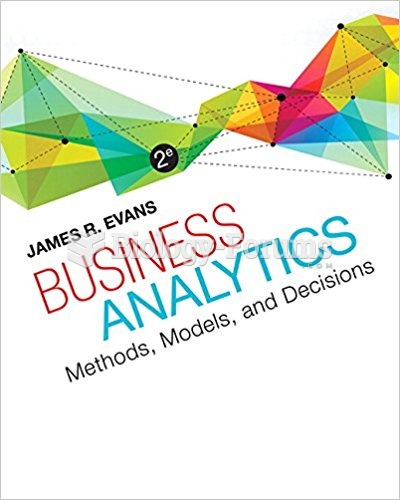|
|
|
Blood is approximately twice as thick as water because of the cells and other components found in it.
Opium has influenced much of the world's most popular literature. The following authors were all opium users, of varying degrees: Lewis Carroll, Charles, Dickens, Arthur Conan Doyle, and Oscar Wilde.
Methicillin-resistant Staphylococcus aureus or MRSA was discovered in 1961 in the United Kingdom. It if often referred to as a superbug. MRSA infections cause more deaths in the United States every year than AIDS.
Pubic lice (crabs) are usually spread through sexual contact. You cannot catch them by using a public toilet.
The heart is located in the center of the chest, with part of it tipped slightly so that it taps against the left side of the chest.








